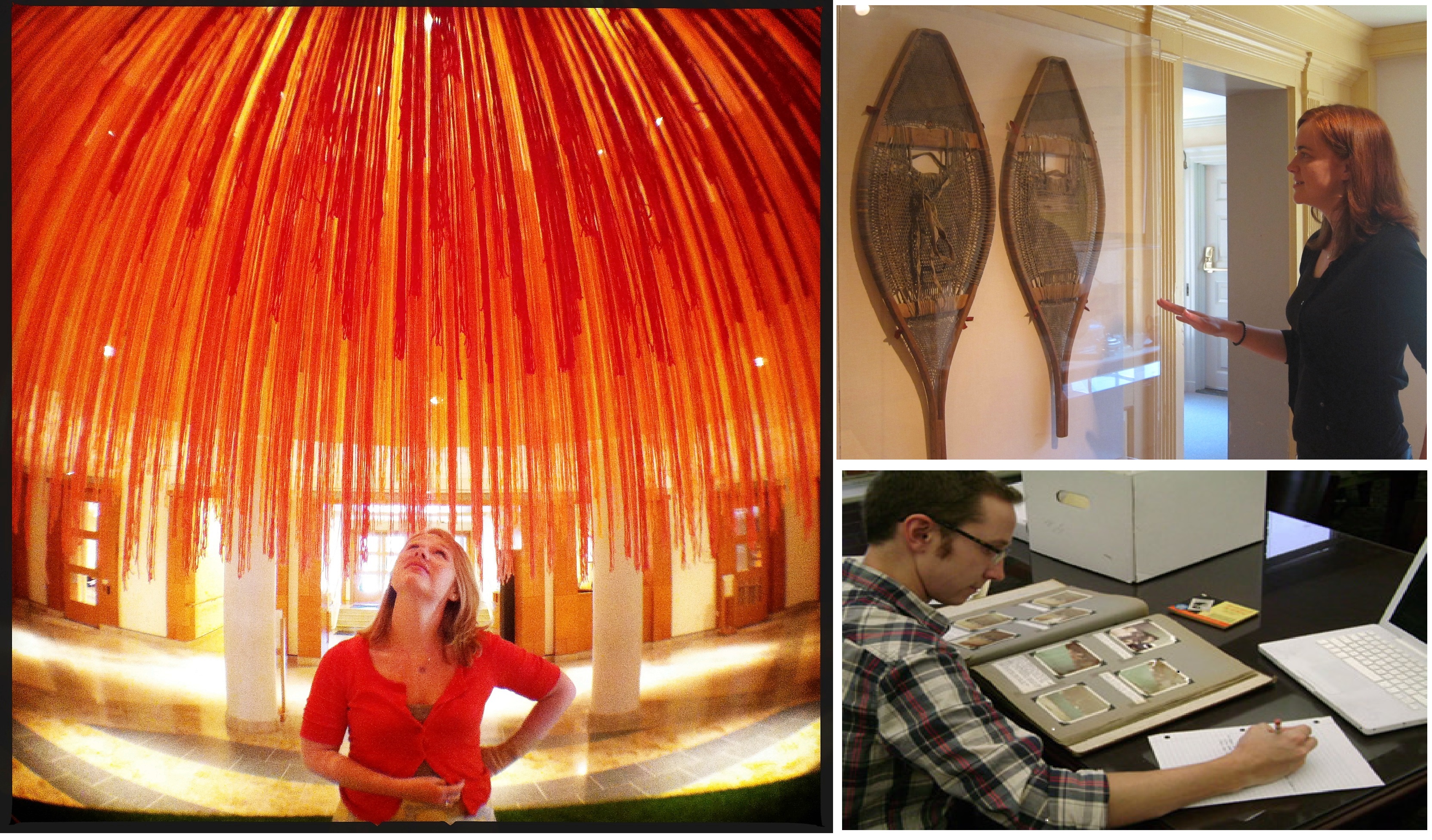Publication Date
2017
Journal or Book Title
Bulletin for Spanish and Portuguese Historical Studies
Abstract
The 1920s were part of Spanish literature’s Silver Age but for some of the nation’s athletes it was more of a Golden Age. The national football team won the silver medal at the 1920 Olympic games and in 1929 became the first team outside the United Kingdom to beat England. In 1926, heavyweight boxer Paulino Uzcudun claimed the European championship and tennis star Lili Alvarez began a run of three consecutive women’s singles finals at Wimbledon. Many of these sporting successes came during the dictatorship of General Miguel Primo de Rivera who seized power in 1923. Analyzing the dictatorship’s attitudes and actions toward sport helps illuminate the transitional nature of the regime and sheds light on how Spaniards considered the changing roles that sport could play in both national and international contexts. The government and other powerful voices in the country maintained an uneasy relationship with modern sport and unlike authoritarian regimes in Italy, Germany or Brazil, never attempted to fully organize, control or promote athletic activities beyond physical education programs. Such notions limited government intervention in sport and prevented the nation from effectively promoting itself through athletic success.
ORCID
0000-0002-7943-1078
Volume
42
Issue
2
License
UMass Amherst Open Access Policy
Recommended Citation
Bunk, Brian D., "Sport in an Authoritarian Regime: The Primo de Rivera Era in Spain, 1923-30" (2017). Bulletin for Spanish and Portuguese Historical Studies. 219.
Retrieved from https://scholarworks.umass.edu/history_faculty_pubs/219
